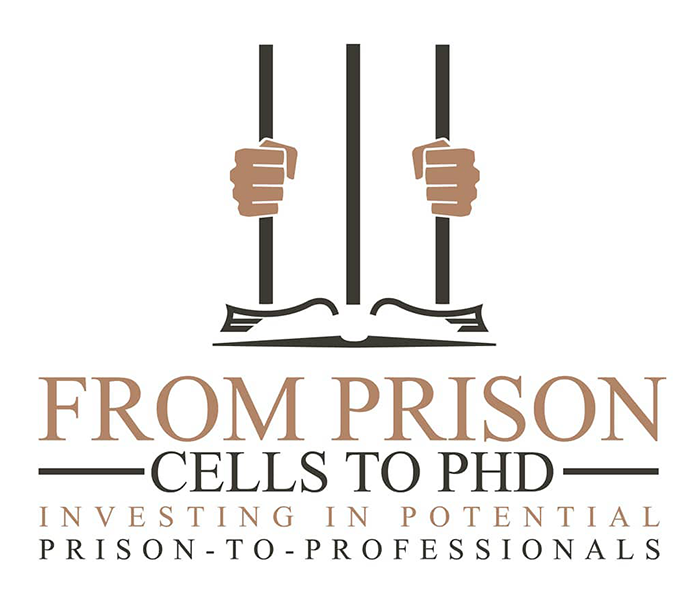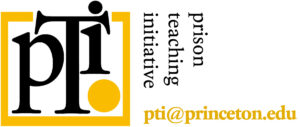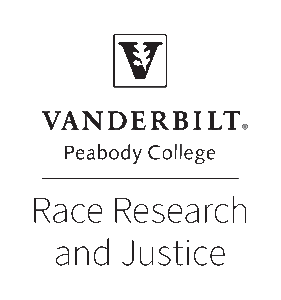Unlocking Human Potential at the Howard League Conference

Author: Basia Skudrzyk, P2P Workforce Equity Director
Have you heard of an international locksmith? Christopher Etienne certainly fits this profile, but he considers himself a prison abolitionist. What does it mean to be a prison abolitionist? It means choosing restorative approaches versus punitive ones. It means building communities to give people the type of help they need versus harming people further. Etienne, STEM program coordinator for the Prison Teaching Initiatives (PTI) at Princeton University, presented at the Howard League 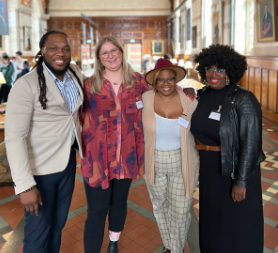 Conference in Oxford, England on September 13–14. His presentation centered on unlocking bias and perceptions that people have when it comes to providing access and opportunity to people who have been formerly incarcerated. This space was created for organizations from all over the world to listen and focus on different aspects of prison reform and to share best practices on the work everyone is doing in this space. Etienne shared the space with approximately 500 people working globally to discuss necessary reform and the much needed frameworks for educators within the carceral state at Oxford University.
Conference in Oxford, England on September 13–14. His presentation centered on unlocking bias and perceptions that people have when it comes to providing access and opportunity to people who have been formerly incarcerated. This space was created for organizations from all over the world to listen and focus on different aspects of prison reform and to share best practices on the work everyone is doing in this space. Etienne shared the space with approximately 500 people working globally to discuss necessary reform and the much needed frameworks for educators within the carceral state at Oxford University.
The Howard League for Penal Reform is a national charity working for less crime, safer communities, and fewer people in prison. They work with parliament and the media, criminal justice professionals, students, and members of the public, influencing debate and forcing, through meaningful change, the creation of safer communities. Recent programs have focused on transforming prisons, reducing child arrests, promoting real work in custody, and ending the criminalization of children in residential care. The Howard League uses its legal work to transform and shape the law for children and young people. The Howard League for Penal Reform is entirely independent of government and is funded by voluntary donations and membership subscriptions.
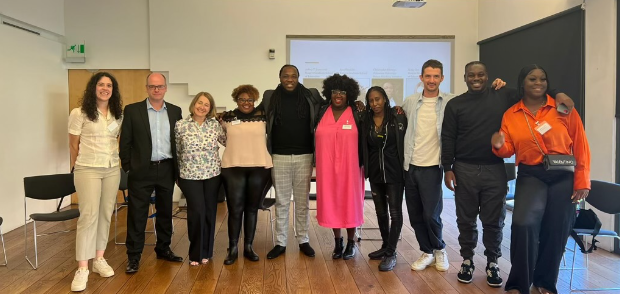
Christopher Etienne (center) with other attendees of the recent London-based Howard League Conference
Leaders discussed the difference between reform and abolition when it comes to probation and parole. When it comes to reform, the example can be compared to attempting to provide living conditions that may be more comfortable for those who are in prison. Abolition uproots the system and actually takes a community-sensitive approach. Taking a restorative-justice perspective is essential, and this is exactly what Etienne and the entire coalition focused on, as such systems affect social justice issues that delve into poverty and mass incarceration.
In Massachusetts during the 1970s, American social worker Jerome G. Miller decided to take a proactive approach toward the mass incarceration of juveniles. He brought together influential people to come up with a solution toward mass incarceration of juveniles. Miller wrote legislation that nearly abolished juvenile incarceration in Massachusetts. As juvenile prisons were closed, the state sold the properties, demolished the buildings, and sold off the land. By the mid-’80s, juvenile recidivism rates in Massachusetts were down to 26% (which was the lowest in the country), and the National Council on Crime and Delinquency found that this new system was saving taxpayers 11 million dollars a year (Annie E. Casey Foundation, 2013). Why aren’t we doing this more? Etienne explains, “Because there is a financial incentive to keep prisons open; every U.S. university has an investment in prisons. When you try to integrate social needs with capitalism, it fails. Meeting someone’s social needs is not supposed to be profitable.” But it IS possible!!
How can you be an educator and prison abolitionist? Etienne operates as a locksmith. He’s not a savior, but he may be able to guide us down the road and give us the tools to emancipate ourselves. Education is the way to do it. Etienne wants to let people know we are more than our circumstance. Etienne has been going into juvenile systems teaching young people to let them know they have the power to go to school—this is the way out. That’s what abolition is—education. Etienne learned this himself at a young age. People have been so conditioned to believe that incarceration is the norm. Exploitation is the norm. When you instruct or guide people to understand their humanity and get an understanding of their rights, they truly become free, one lock at a time. A very small key can open a very heavy door. Abolishing prison systems and making this the new norm allows for those heavy doors to be open. This is key.
_____
Please take 1 minute to fill out this survey about how this blog post may have influenced you or helped you learn new information. Your response will help STEM-OPS learn about our shared impact on messages about people impacted by incarceration and help us improve our approach to changing societal narratives.


